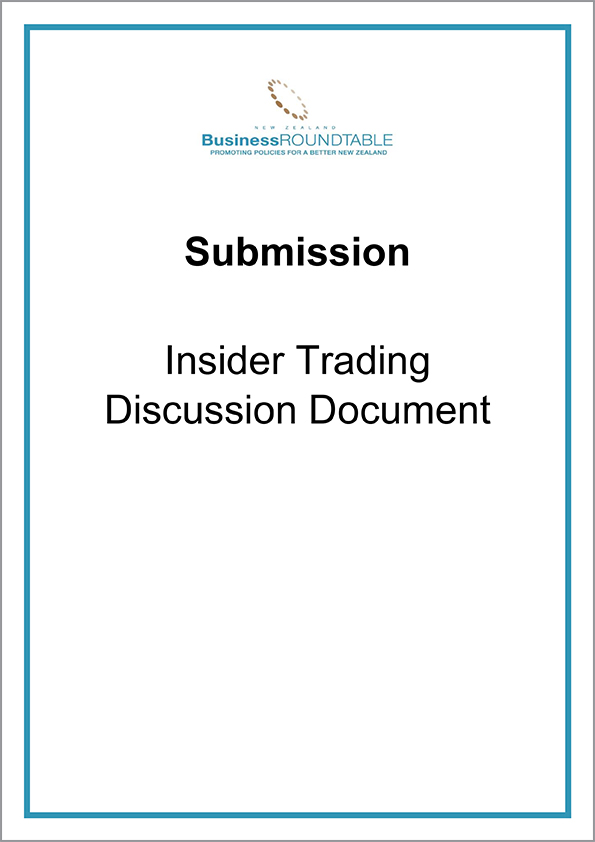We have long regarded the existing legislation embodied in the Securities Amendment Act 1988 to be seriously deficient. No sound case was ever made for New Zealand's current insider trading law. Insider trading was not a general common law offence, in the United States at least.1 The New Zealand law, in common with the law in overseas jurisdictions that it followed, wrongly assumes that the victim is the party trading with the insider. In fact those trading unknowingly with an insider will commonly benefit from the insider's activity. This is because they could have been expected to have to pay a higher price if buying, or receive a lower price if selling, were it not for the insider's trading.2 Where unauthorised use is made of information, redress should be an issue between the rightful owner of that information and whoever misused it. Another way to illustrate this fundamental deficiency is to note that a law focused on making the act of trading an offence fails to capture those who use inside information in order not to trade when they would otherwise have done so. No legislation can be expected to be satisfactory unless its fundamental deficiencies have been addressed.
Submission: Insider Trading Discussion Document
1 October, 2000



